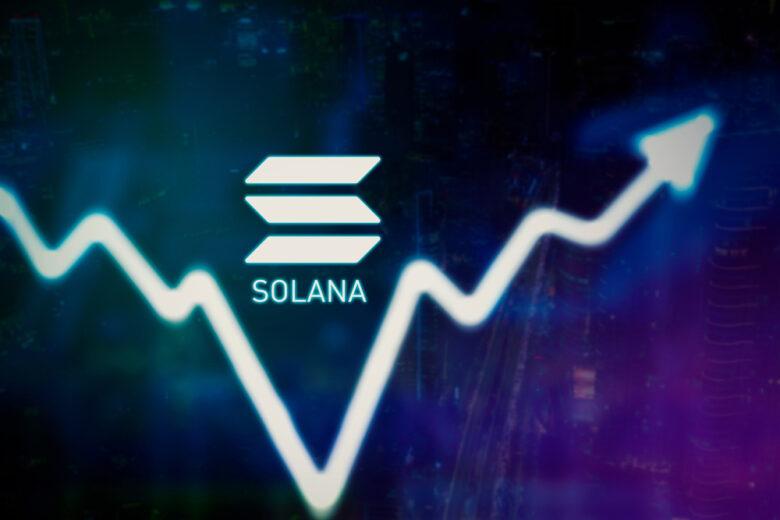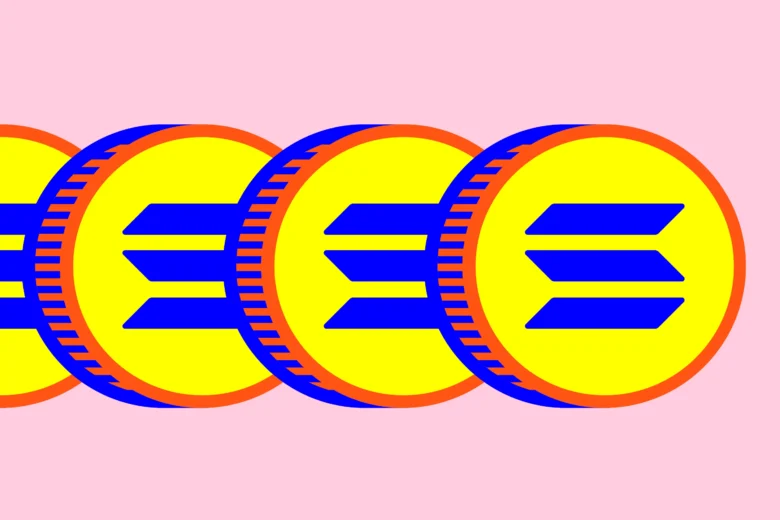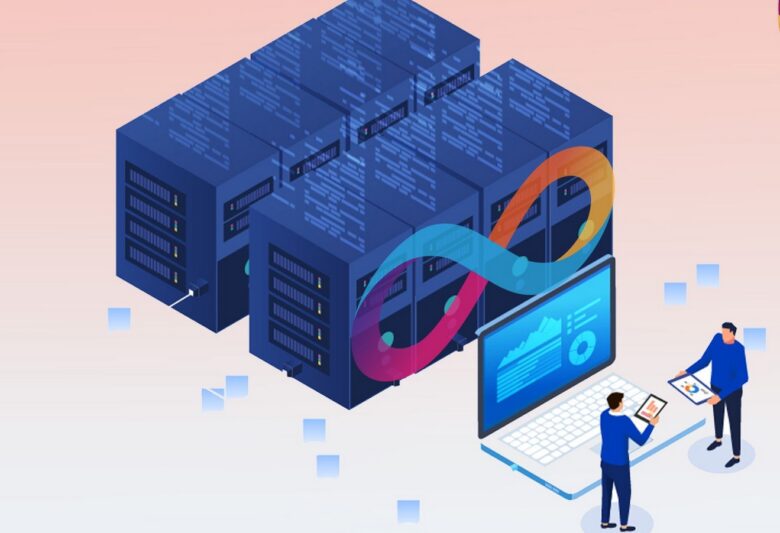Solana is a high-performance blockchain platform designed to support decentralized applications and marketplaces. Solana nodes are the backbone of the Solana blockchain and enable transactions to be validated and propagated across the network. There are multiple types of Solana nodes, like Solana RPC nodes, which we will discuss further.

Source: etftrends.com
Here’s Everything You Need to Know about Solana nodes:
- Node Types: There are four types of nodes in the Solana network: validator nodes, full nodes (RPC), archiver nodes, and edge nodes. Validator nodes are responsible for validating transactions and producing new blocks. Full nodes (RPC) store a copy of the entire blockchain and help to propagate new transactions and blocks across the network. Archiver nodes store historical data that is no longer needed for validation but may be useful for research or analysis. Edge nodes are lightweight nodes that provide access to the network for end-users.
- System Requirements: The minimum system requirements for running a Solana node depend on the type of node you want to run. Validator nodes require a powerful server with at least 32GB of RAM, a fast SSD, and a high-speed internet connection. Full nodes and archiver nodes require less powerful hardware but still benefit from a fast SSD and a good internet connection. Edge nodes can be run on a Raspberry Pi or similar low-power device.
- Software: Solana nodes run on the Solana software stack, which includes the Solana Core software, the Solana RPC API, and other tools for managing and monitoring your node. The Solana software is open source and available on GitHub, so you can download and install it on your own hardware.
- Configuration: Running a Solana node requires configuring various settings, such as the node’s identity, network connectivity, and storage location. The Solana documentation provides detailed instructions on how to configure your node, and there are also community resources available to help you get started.
- Rewards: Validators are rewarded for their work in maintaining the Solana network. Validators earn SOL tokens for each block they produce, and they also receive a portion of the transaction fees collected by the network. The amount of rewards earned depends on the number of SOL tokens staked by the validator and the overall health of the network.
Solana nodes are critical components of the Solana blockchain, and they require powerful hardware, specialized software, and careful configuration to operate effectively. Validators are rewarded for their work in maintaining the network, and there are many resources available to help you get started with running your own Solana node.

Source: fortune.com
How To Run Your Own Solana Node
Running your own Solana node requires some technical knowledge and the right hardware. Here are the steps to follow to set up your own Solana node:
- Choose your hardware: You will need a powerful server with at least 32GB of RAM, a fast SSD, and a high-speed internet connection. You can also run a full or archive node on less powerful hardware, but it may affect performance.
- Install Solana software: You can download and install the Solana software stack, which includes the Solana Core software, the Solana RPC API, and other tools for managing and monitoring your node, from the official Solana website or GitHub.
- Configure your node: You will need to configure various settings, such as the node’s identity, network connectivity, and storage location. You can follow the instructions provided in the Solana documentation to configure your node.
- Run your node: Once your node is configured, you can start it by running the Solana software. The software will connect to the Solana network and start validating transactions and producing new blocks.
- Monitor your node: It’s important to monitor your node to ensure that it’s running smoothly and efficiently. You can use various tools provided by the Solana software or third-party monitoring tools to keep track of your node’s performance.
- Stake your SOL tokens: If you are running a validator node, you will need to stake your SOL tokens to participate in the network’s consensus mechanism and earn rewards for producing new blocks. You can stake your tokens using various wallets or services that support Solana staking.
Running a Solana node requires some technical knowledge, but there are many resources available to help you get started, including the Solana documentation and community forums. If you prefer not to set up and maintain your own hardware, you can also consider using a managed Solana node hosting service provided by third-party node providers.

Source: coinhustle.com
How to Choose a Reliable Node Provider
Choosing a good node provider is important for ensuring that your Solana node runs smoothly and reliably. Here are some factors to consider when choosing a node provider:
- Reputation and experience: Look for a provider with a good reputation and a track record of providing reliable and secure node hosting services. Check their website, social media, and customer reviews to see what others have said about their services.
- Security: Make sure the provider offers robust security measures to protect your node and your funds. Look for features such as multi-factor authentication, firewalls, and intrusion detection systems.
- Performance: Choose a provider with high-performance servers and a reliable network connection to ensure fast and responsive node performance. Look for providers that offer low latency and high uptime guarantees.
- Support: Choose a provider that offers responsive and knowledgeable customer support to help you with any issues or questions you may have. Look for providers that offer 24/7 support and multiple contact channels.
- Cost: Compare the pricing and features of different node providers to find the best value for your needs. Look for providers that offer transparent pricing and don’t charge hidden fees.
- Additional features: Consider any additional features or services offered by the provider, such as staking services, DeFi protocol integrations, or tooling support, that can enhance your node’s functionality and value.
Overall, it’s important to choose a node provider that meets your specific needs and provides reliable and secure node hosting services. Do your research, compare your options, and choose a provider that you feel comfortable entrusting with your Solana node.
